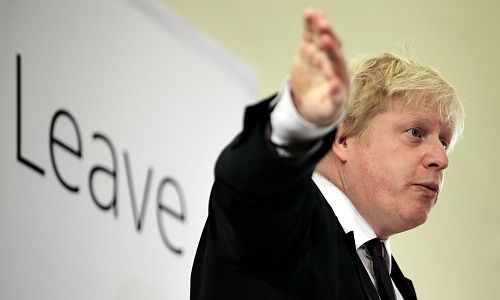No-Deal Brexit: Cause for Concern for Swiss Banks?
«Thanks to the trade agreement, developed in close cooperation with business, Swiss companies can rely on a good negotiated basis even under a no-deal scenario,» Mario Ramò, deputy head of foreign trade at Swiss business group Economiesuisse, told finews.com.
Without the pact, Swiss expoters face massive problems on day 1 after a no-deal Brexit. Problems that include higher tariffs, more cumbersome administrative procedures in the handling of exports to the U.K., an end to AOC labelling, and new hurdles in public procurement.
Banks: Changes Implemented
And what about the banking industry? UBS, Switzerland's largest, has merged the business reliant upon access to the EU with UBS SE in Frankfurt some time ago. It is confident to be able to provide all the customary services to its European clientele even after Brexit.
UBS bankers that remained at its London office may feel reasonably safe because they tend to offer specialist services to the global banking operations of UBS. As such, these bankers are indispensable for the bank, sources at UBS suggested.
Credit Suisse, the Swiss No. 2, also has been fairly quick to make the necessary adjustements and built up its business units in Frankfurt, Madrid and Luxembourg. Today, the company has only half the number of bankers under contract than it had when CEO Tidjane Thiam assumed his position in 2015.
Economic Powerhouse
The Swiss government, exporters, and the financial market cannot influence the effects of an economic downturn in the U.K. Swiss firms for sure would suffer if the U.K. went into recession. Last year, the Swiss manufacturers sold goods worth some 8.8 billion francs to customers in the U.K.
And yet, prospects are not all doom and gloom. «The U.K. is one of the most flexible market economies out there, thus we would expect the adjustment to be fairly speedy assuming the political backdrop shows a degree of stability,» said Dean Turner, economist for the U.K. at the chief investment office of UBS Global Wealth Management.
The economist expects a relatively short period of one to two quarters of negative growth followed by a recovery, but with weak growth rates. Growth will in part be determined by what access to overseas markets the country can establish and the size of the fiscal stimulus prepared by the government.
What About Chaos at the Borders?























